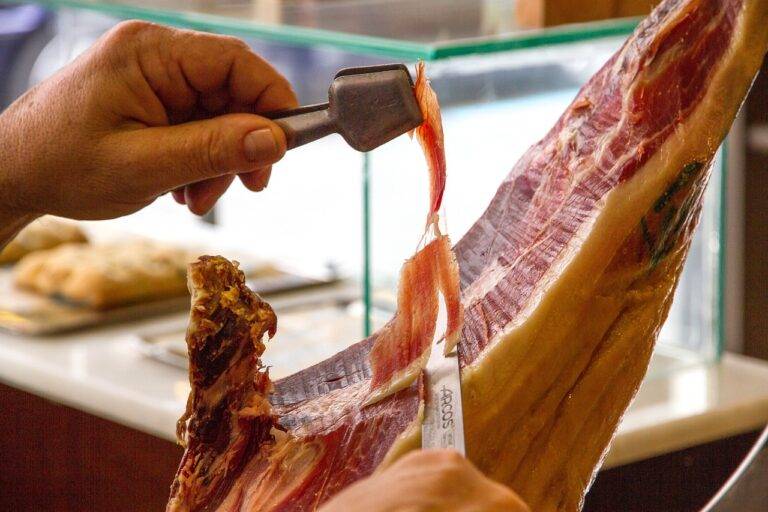The Role of Food in Religion and Ritual: Sacred Meals and Fasts
Food holds deep significance in various religious practices and beliefs around the world. In many faiths, food is seen as a way to connect with the divine and express gratitude. It is often used as a symbol of spiritual nourishment and sustenance for both the body and soul.
Across different religions, specific dietary restrictions and rituals are observed to promote purity and discipline among followers. The act of sharing a meal is a common practice in religious ceremonies and gatherings, fostering community and unity among worshippers. Through the preparation and consumption of food, individuals can partake in sacred acts that reinforce their faith and strengthen their bond with their religious community.
Historical background of sacred meals in different religions
The tradition of sacred meals holds a special place in various religious practices around the world. In Hinduism, the act of consuming prasad, which is considered a divine offering from deities, is a common ritual that signifies spiritual connection and blessings. Similarly, in Buddhism, monastic communities partake in alms rounds to receive food offerings from the laypeople, highlighting the importance of generosity and interdependence.
In Christianity, the Eucharist, also known as the Holy Communion, is a significant sacrament where believers partake in bread and wine representing the body and blood of Jesus Christ. This ritual symbolizes the unity of believers with Christ and with one another, emphasizing the core principles of faith and community. Likewise, in Islam, the act of breaking the fast during Ramadan, known as Iftar, is a sacred meal that not only nourishes the body but also strengthens the bond between individuals, fostering compassion and gratitude.
What is the significance of food in religious practices?
Food plays a significant role in many religious practices as it is often used as a symbol of spiritual nourishment, connection to the divine, and as a way to bring communities together in worship.
How does the historical background of sacred meals differ in different religions?
The historical background of sacred meals in different religions varies greatly, with some traditions placing a strong emphasis on communal meals as a way to connect with the divine, while others may focus more on individual acts of fasting or feasting as a form of religious observance.
Can you provide some examples of sacred meals in different religions?
Examples of sacred meals in different religions include the Christian Eucharist, the Jewish Passover Seder, the Hindu Prasad offering, and the Islamic Eid al-Fitr feast.
How have sacred meals evolved over time in different religions?
Sacred meals have evolved over time in different religions as a way to adapt to changing social and cultural contexts, while still maintaining their core spiritual significance and symbolism.
Why is the sharing of sacred meals important in religious communities?
The sharing of sacred meals is important in religious communities as it helps to foster a sense of unity, fellowship, and reverence among believers, while also serving as a tangible reminder of the spiritual principles and teachings of their faith.





